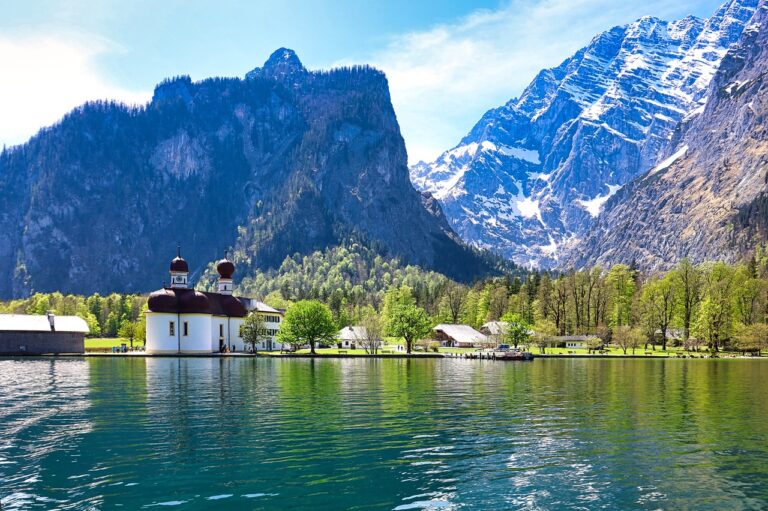Sustainable Tourism in National Parks: Conservation Efforts and Responsible Visitor Practices
National parks are natural sanctuaries that protect and preserve unique ecosystems, wildlife, and landscapes. They serve as havens for biodiversity, allowing various species of flora and fauna to thrive in their natural habitats free from human interference. These protected areas also play a crucial role in fostering environmental education and promoting conservation efforts.
In addition to their ecological significance, national parks offer recreational opportunities for visitors to connect with nature, rejuvenate their spirits, and engage in outdoor activities. They provide a space for people to appreciate the beauty and wonders of the natural world, encouraging a sense of stewardship and responsibility towards our planet. By safeguarding these designated areas, national parks contribute to the well-being of both present and future generations, ensuring that the Earth’s natural heritage is preserved for years to come.
Challenges Facing National Parks in Terms of Conservation
Achieving effective conservation within national parks poses numerous challenges. One major issue is the threat of habitat destruction due to human activities such as deforestation, mining, and urbanization. These activities disrupt the delicate balance of ecosystems within the parks, endangering the biodiversity unique to these areas.
Another significant challenge facing national parks is the impact of climate change. Rising temperatures, erratic weather patterns, and extreme events like wildfires and droughts all contribute to the degradation of habitats within these protected areas. This presents a complex challenge for park management to adapt and mitigate the effects of climate change on the diverse flora and fauna that call these parks home.
What is the significance of National Parks?
National Parks play a crucial role in preserving biodiversity, protecting wildlife habitats, and providing recreational opportunities for visitors to enjoy nature.
What are some of the challenges facing National Parks in terms of conservation?
Some of the challenges facing National Parks include habitat destruction, invasive species, climate change, poaching, and inadequate funding for conservation efforts.
How do these challenges impact the conservation of National Parks?
These challenges can lead to the loss of biodiversity, degradation of natural habitats, and negative impacts on wildlife populations within National Parks.
What can be done to address these conservation challenges?
To address these challenges, it is essential to implement sustainable management practices, raise awareness about conservation issues, enforce regulations to prevent illegal activities, and secure adequate funding for conservation efforts in National Parks.





